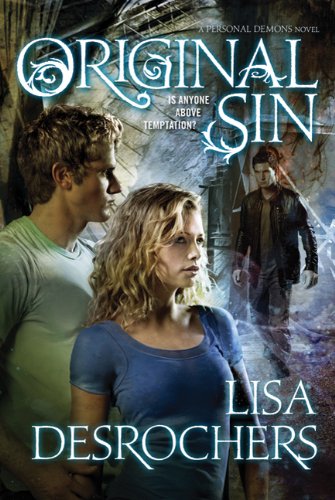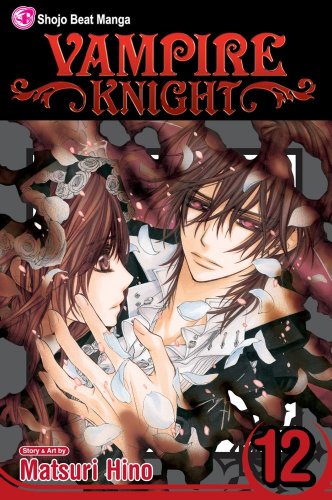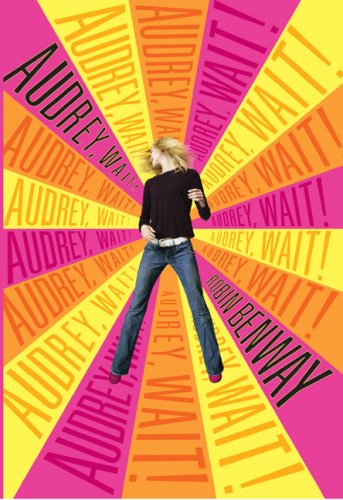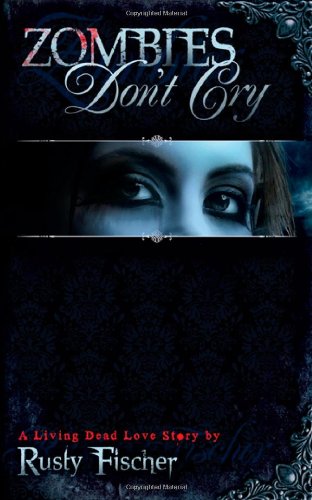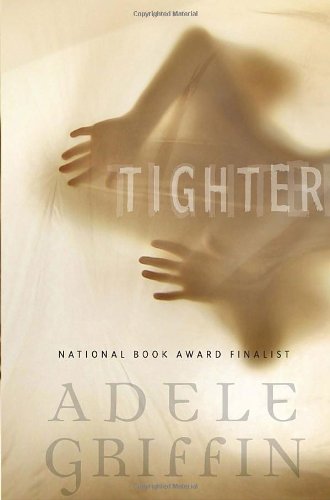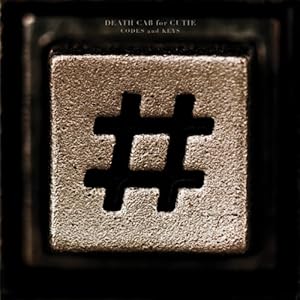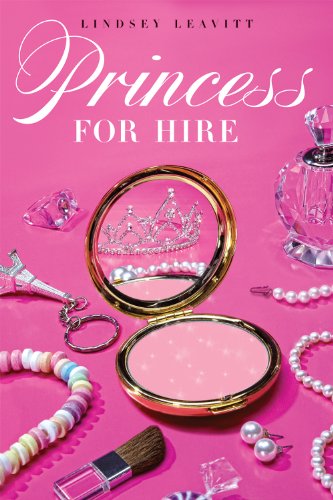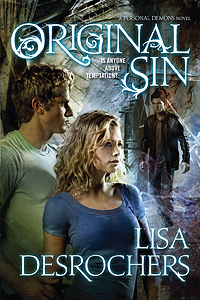Current Giveaway on Alison Can Read
GIVEAWAY: Win a copy of Walk The Wild Road by Nigel Hinton
: Ranges from light, humorous fun to stomach-clenching suspense to dark, life-depends-upon-it melodrama. Either features lots of romance or spies and explosions. Happy endings. Easy reading.
Literature: Thinking required. Complicated, flawed characters. Often dysfunctional families. Prose is as important as plot. Satire. Social commentary. Fewer happy endings.
(I realize this stark separation is unfair and unrealistic. You can't truly paint the world of books with such a broad brush, but it is a convenient characterization that has a ring of truth.)
There is a large contingent of people who believe that we should be reading only Literature...the Good Books...the Classics (capitalization on purpose). As a country (be it the U.S., Canada, Australia, the UK, etc) we seem to be growing more ignorant by the day. What does it say about us if we flock to news articles about Lindsey Lohan's latest mishaps and skip over the ones about Syria and Libya?
({{{{Guilty}}}}) We should read to learn and grow. Books shouldn't be easy. Flowery high-brow prose will open our minds to the wonders of fine literature and improve our vocabulary and writing. Social commentary will make us more aware of the world around us. Flawed characters and imperfect endings will teach us about the human condition. Mind Candy will rot your brain as surely as M&Ms will rot your teeth.
I don't think anyone is going to argue that Literature is inherently bad, but many will make the case that Mind Candy novels are worth a share of a reader's time. We all have complicated lives. It's nice to be able to escape with an effortless read. It may be a book that paints a happy brush on life. Think chick lit. Or a book that, no matter how bad your life is, makes you happy that your life isn't as awful as these characters' lives (think (some) paranormal/urban fantasy or "issue" books). Most Mind Candy books resolve all the characters' issues in a few hundred pages. It's so comforting to think that things can work out...that happy endings are possible.
Common Complaints About Mind Candy and Rebuttals:
1.
Lack of Educational Value:
There's this idea that we learn more from Literature. While that may be true with a book like
Huckleberry Finn or
The Grapes of Wrath, I don't think it is so with every literary novel. Other than being thought-provoking, what do you learn from a book like
Freedom by Jonathan Franzen or even
Catcher in the Rye?
Then again, any book can be educational, be it Literature or Mind Candy. Some books just wear their educational value on their sleeve more than others. Let's take
Twilight for example, since as an obsessed fan, it's always on my mind. On the surface, you wouldn't think a melodramatic romance would teach you much...but does it? Think of the Cullens' vegetarian lifestyle. You learn the value of standing by your beliefs even when it's incredibly hard and none of your peers are doing it. Another example -
Secrets of My Hollywood Life, the fluffy, fun series by Jen Calonita, teaches readers about a few ins and outs of Hollywood - nothing you
need to know, but interesting nonetheless.
2.
Bad Messages:
As much as the author of that Wall Street Journal blog post crowed about the abhorrent darkness of YA books today, I think she was mainly complaining that books today teach teens the
wrong things.
While I disagree with her blog post as a whole, she raises an interesting issue. Has a book ever changed your life for the better? I think most passionate readers can point to at least one book that did. If a book can positively affect your life, isn't it reasonable to think that a book is also powerful enough to negatively affect your life? Let's examine
Wintergirls by Laurie Halse Anderson (although I'd argue that the quality of Laurie's writing places all her books in the YA Literature category). If you've ever had a problem with anorexia and want a book to trigger you further down eating disorder lane,
Wintergirls will do that.
Does that mean that books like
Wintergirls that deal with painful, dark subjects shouldn't be published? Absolutely not. In fact, I think people with eating disorders cherish
Wintergirls more than anyone else. It is so nice to realize that someone is battling the same monsters as you, that the same thoughts run through other people's heads. You don't feel so alone. Dark books can bring pain to readers, but comfort as well.
To explore this further...
Why should YA save?
I read to be entertained. Mind Candy is often simply more fun than Literature. As a reader, I don't necessarily want to be "saved," or helped by a book. It would be nice, but I'm more interested in a good story. And if I write something, it's because I think the plot is interesting and I like the characters. I don't think it's the purpose of YA authors to save anyone. But I digress...
One last rebuttal to the Bad Messages argument is that Literature is no stranger to dark, moral quagmires. Mind Candy can be dark, but it's also the genre where virtually all of the cheery, squeaky-clean novels reside. In fact, I defy you to find a work of Literature that is hippity-happity perfect (aside from something like Jane Austen).
3.
Bad Writing:
Literature lovers say that Mind Candy is poorly written. An author's prose should almost be a character unto itself. The writing should be such that you step back from the plot and simply enjoy various quotes and phrases. I agree that a well-written novel is a wonderful thing. I treasure books like Jellicoe Road by Melina Marchetta where even a brief sentence at the beginning of the novel has enormous meaning later on - where the prose is a puzzle, slowly fitting itself together. And books like Will Grayson, Will Grayson by John Green and David Levithan where I repeatedly stopped reading to mark touching, thought-provoking quotes.
Mind Candy may not be known for high-fallutin' prose, but that doesn't mean that many books aren't well written. They're just well-written in different ways. The first book that comes to mind is
Matched by Ally Condie. Her writing makes reading effortless. It's like watching a movie play out on the page. I so admire her ability to make you forget that you're even reading.
Swim The Fly by Don Calame is another skillfully written Mind Candy novel. It is distinguishable for its humor. Being able to make readers laugh is really difficult, and
Swim the Fly does it better than any book I've read in years. I literally had tears rolling down my cheeks multiple times. A truly funny book is a testament to a writer's ability just as much as philosophical, complicated prose.
Even I, the unapologetic
Twilight fan, cannot argue that the Saga is well-written. But...like many paranormal and fantasy novels, the books create a rich alternate universe with one-of-a-kind vampires who have their own history, culture, and politics. Stephenie Meyer also did a wonderful job of creating characters who evoke strong feelings of love or hate from readers. Even where the prose isn't that great, many Mind Candy novels stand-out for excellent world-building and interesting characters.
Some Mind Candy novels feature prose on par with or superior to Literature. Take Maggie Stiefvater's books. In her blog yesterday, she said "I write mainstream fiction, not literary." I was ready to disagree with her. Her prose is beautiful, atmospheric. With a few words, she manages to convince me that I'm in a stark, snow-covered Minnesota winter in her Wolves of Mercy Falls books even if it's 100 degrees outside. Not only that, she incorporate poetry and lyrics into her stories that turn her books into works of art. Her writing is just as good as many of the kings and queens of YA Literature. Yet, Maggie's right. Because her books are paranormal romance, they are pigeon-holed into the world of Mind Candy. Lovers of Mind Candy know that our supposed "light-reading" genre is chock-full of truly talented writers.
What do you think? Are you a fan of Mind Candy? How would you characterize Mind Candy v. Literature?







